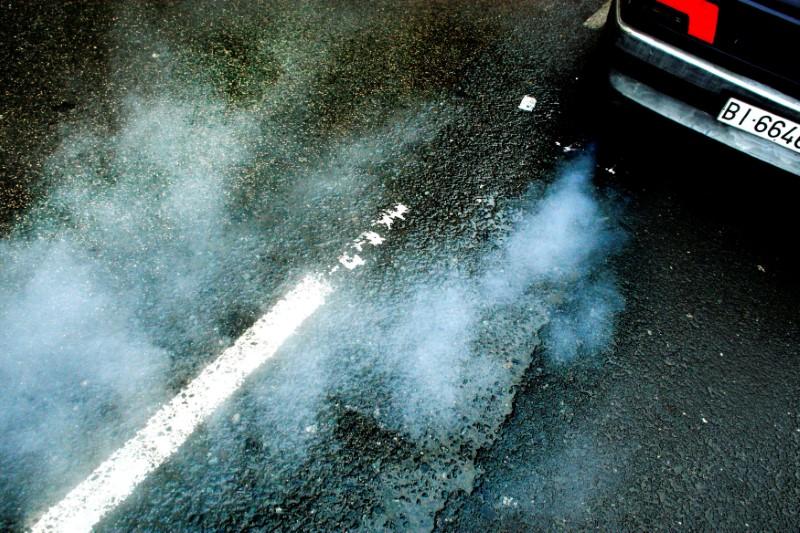
The 28-nation bloc has been divided for months over how strict to be on CO2 emissions from vehicles as part of its push to reduce greenhouse gases overall by 40% by 2030.
Germany, with the EU's biggest auto sector worth some 423 billion euros ($480 billion) in 2017, had warned tough targets and the drive towards more electric cars could harm its industry and cost jobs.
Technology can mitigate impact of climate change
Representatives of the European Parliament and EU countries finally struck a compromise on Monday, after nine hours of talks, to cut emissions from cars by 37.5% and vans by 31% by 2030 compared with 2021. There was also agreement on an interim target of 15% cut for both cars and vans by 2025.
"This is an important signal in our fight against climate change," said current EU President Austria's Sustainability Minister Elisabeth Koestinger.
But Brussels-based green lobbying group Transport & Environment expressed disappointment the deal was not even more ambitious.
"Europe is shifting up a gear in the race to produce zero emission cars. The new law means by 2030 around a third of new cars will be electric or hydrogen-powered," its Clean Vehicles Director Greg Archer said. "That's progress, but it's not fast enough to hit our climate goals."
Climate change could cost US 'hundreds of billions' a year: study
The compromise was tougher than the original EU executive proposal of an emissions decline of 30% compared to 2021. Germany had endorsed that, but a push by several EU countries, including the Netherlands and France, raised the target to 35%. The EU Parliament had wanted 40%, so in the end, they split the difference.
The German automobile association, VDA, said the new legislation would set high demands while doing little to promote or provide incentives for switching to electric vehicles.
EU countries were among nearly 200 that agreed on Saturday to rules for implementing the 2015 Paris climate accord at a UN conference in Poland.
"Today's successful outcome is even more important in view of this weekend's conclusions... in Katowice. It clearly shows, once again, our unwavering commitment to the Paris Agreement," EU Climate Commissioner Arias Canete said.
EU countries are separately considering the extent to which truck emissions should be cut, with a debate due on Thursday.

1729161093-0/liam-(4)1729161093-0-165x106.webp)


1732603002-0/lamar-(4)1732603002-0-165x106.webp)












COMMENTS (1)
Comments are moderated and generally will be posted if they are on-topic and not abusive.
For more information, please see our Comments FAQ